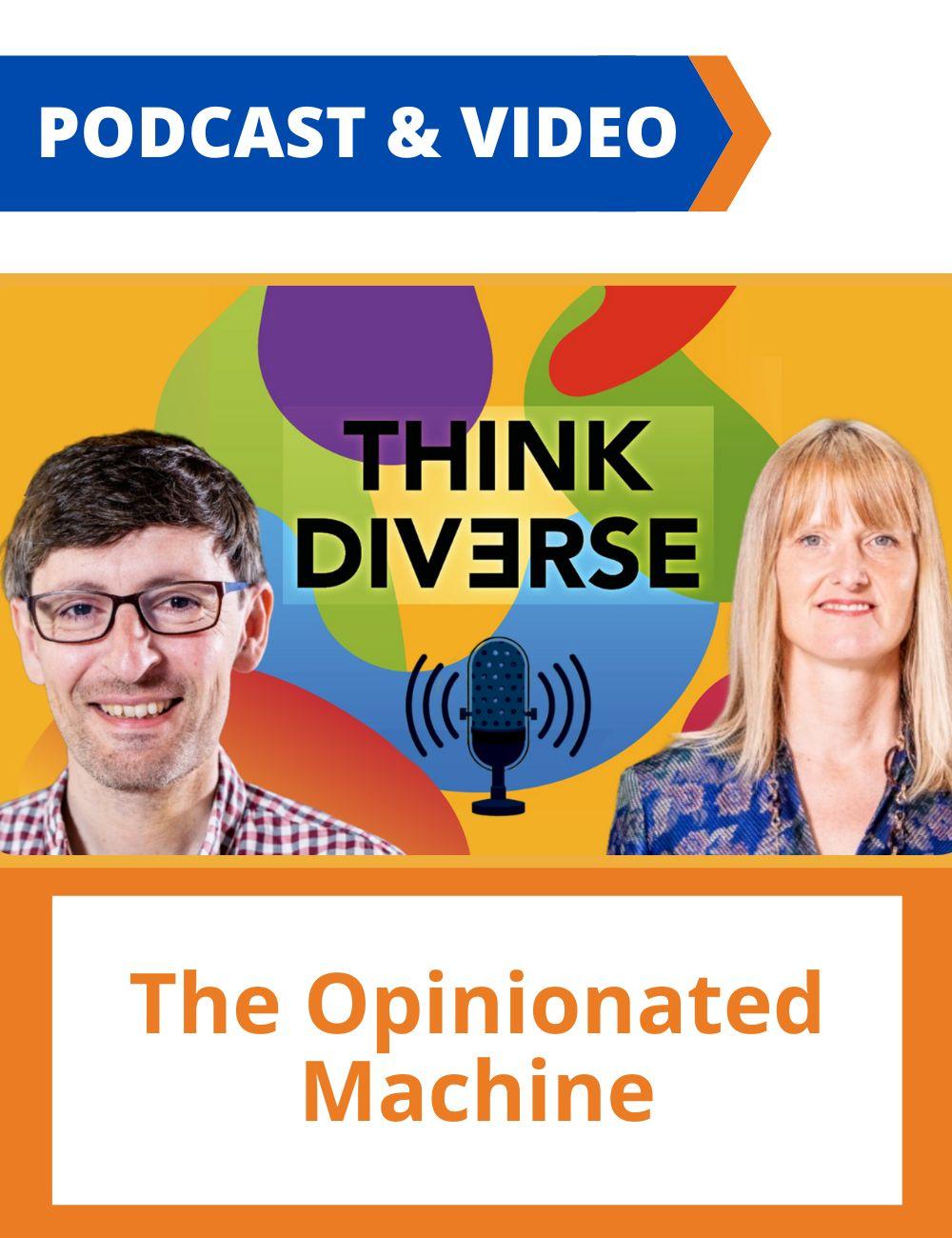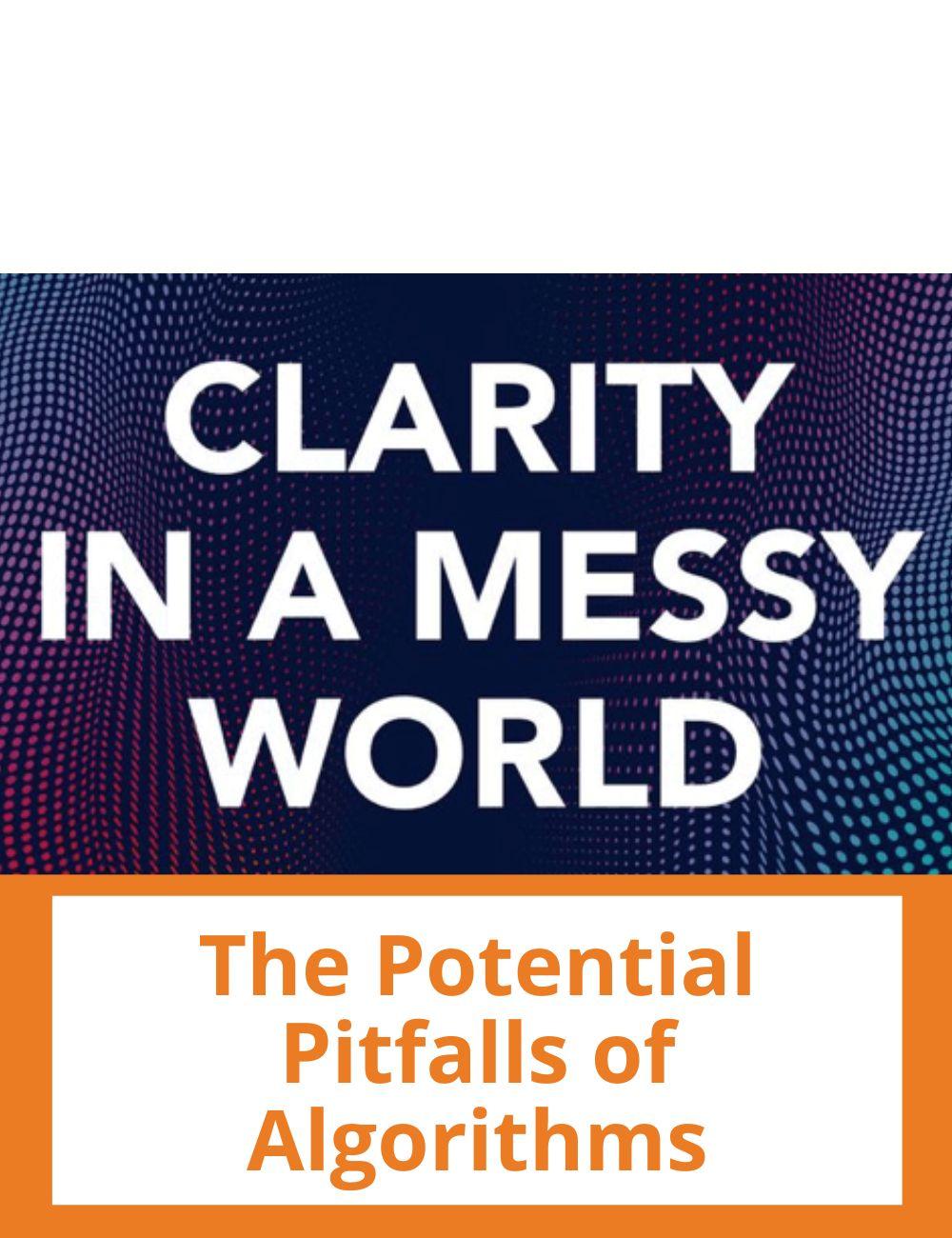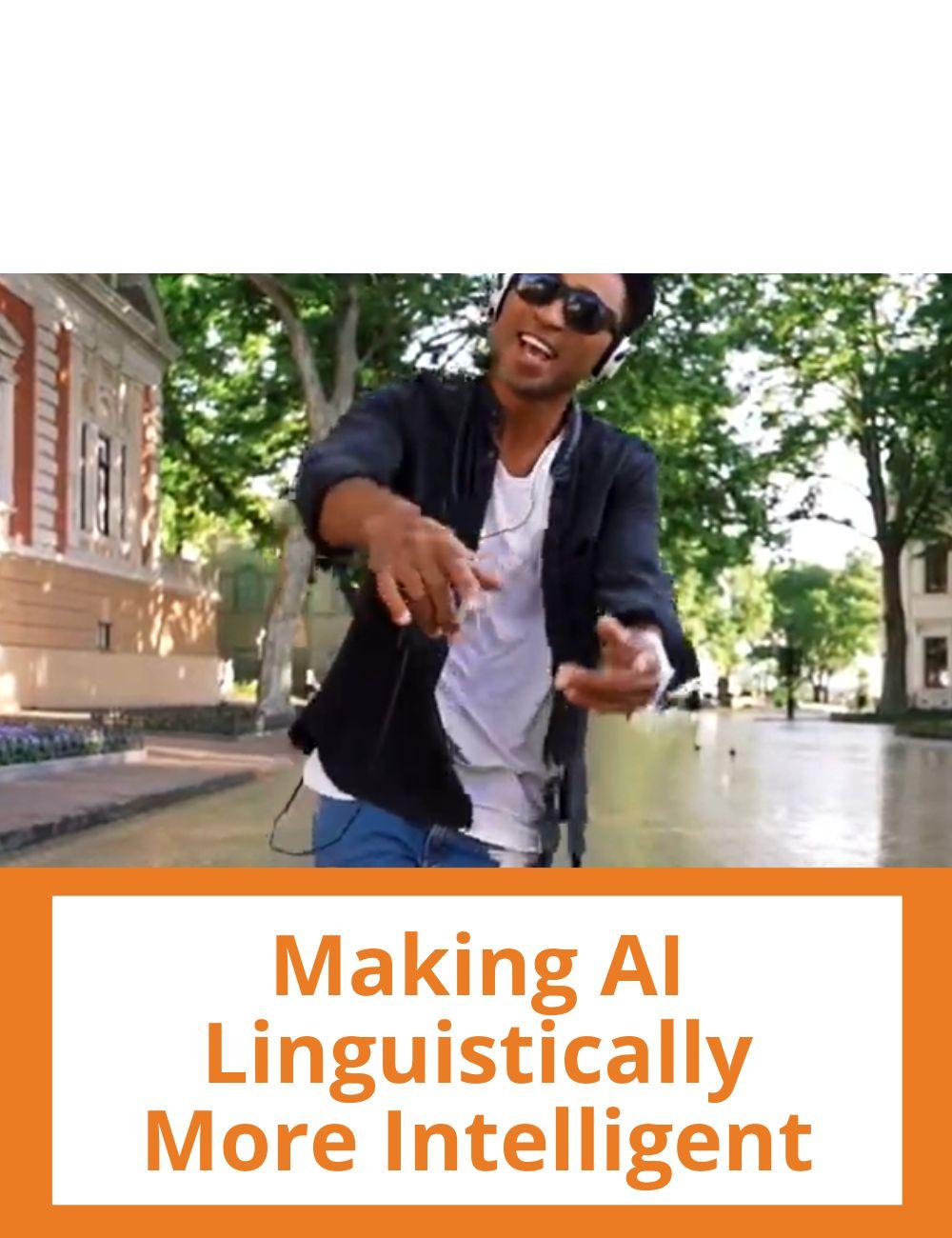
Computing Sciences: Hard Sciences That Break Down Disciplinary Barriers
With the new Department of Computing Sciences, the hard sciences, and in particular STEM (Science, Technology, Engineering, Mathematics) disciplines, are landing at Bocconi, "following a process that is breaking down many barriers," says the Department's Director, Riccardo Zecchina.
The first barrier is between different disciplines. "Theoretical and applied computer sciences, physics and mathematics, computational sciences for biology, for neuroscience and for the social sciences, developed at different times and, in large universities around the world, ended up creating distinct departments," Professor Zecchina explains, "but these worlds are increasingly dialoguing with each other. It is science itself that is breaking down barriers, and we, by forming in 2022, have taken note of this, creating a unique department that aims to create the preconditions for developing innovative research in many fields."



Among the fields that are increasingly using methodologies related to computational science and modeling (the second barrier being broken down) are also the social sciences and, most importantly, economics. "I think this process is just beginning and is, indeed, destined to accelerate. That is why I say that our project does not take a snapshot of the current reality, but bets on its evolution in 10 years," says Prof. Zecchina.

Joining the Department, just to name the scholars with the most seniority, are theoretical physicists such as Zecchina himself and Marc Mezard, theoretical computer scientists (Luca Trevisan), computational biologists (Francesca Buffa), cryptographers (Alon Rosen), computational linguists (Dirk Hovy), and optimization experts (Laura Sanità, coming in September).

"Their common denominator," Prof. Zecchina explains, "is the study of the most challenging and fundamental problems in computational and information sciences and the computational and modeling aspects in social, mathematical, physical and life sciences. Research in the field of artificial intelligence and machine learning makes us expect fascinating developments. One for all: the approach to cognitive science also (but not only, of course) through computational neuroscience and machine learning. It means understanding what neural circuits and artificial intelligence systems (that are evolving very rapidly and can be simulated with great efficiency) have in common. Also, since economics is about modeling human behavior, I guess that the contribution will be two-way: economics will contribute strongly to the development of artificial intelligence."